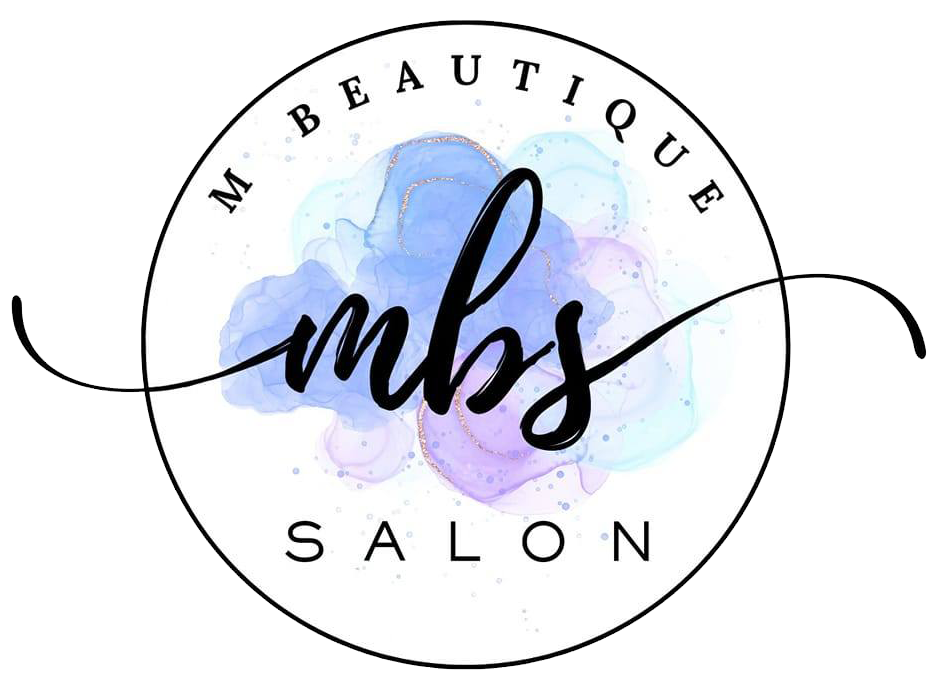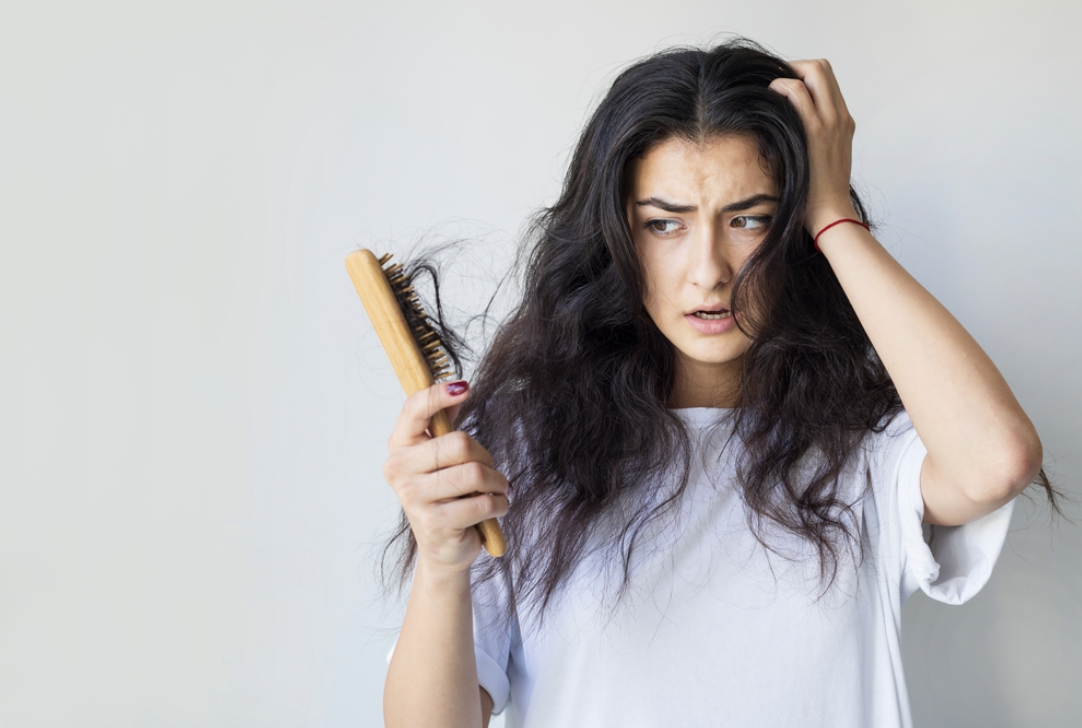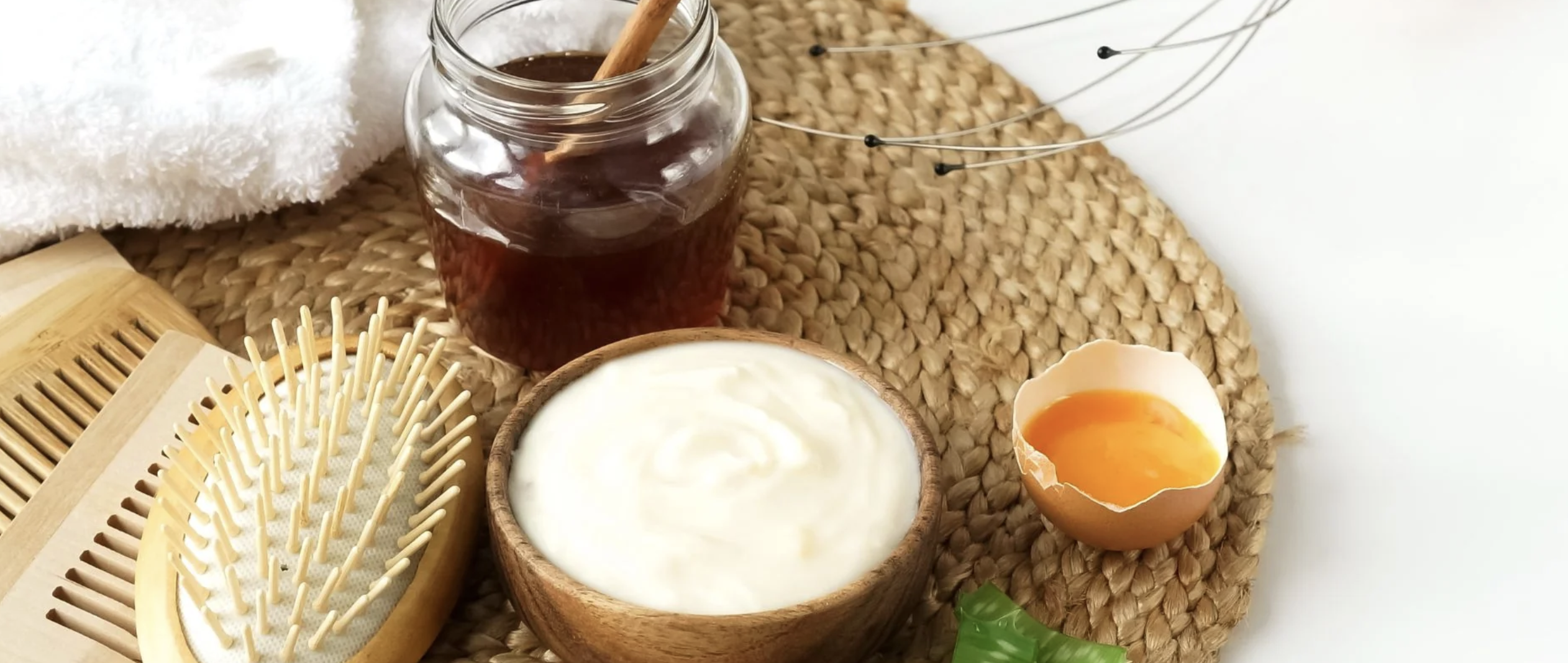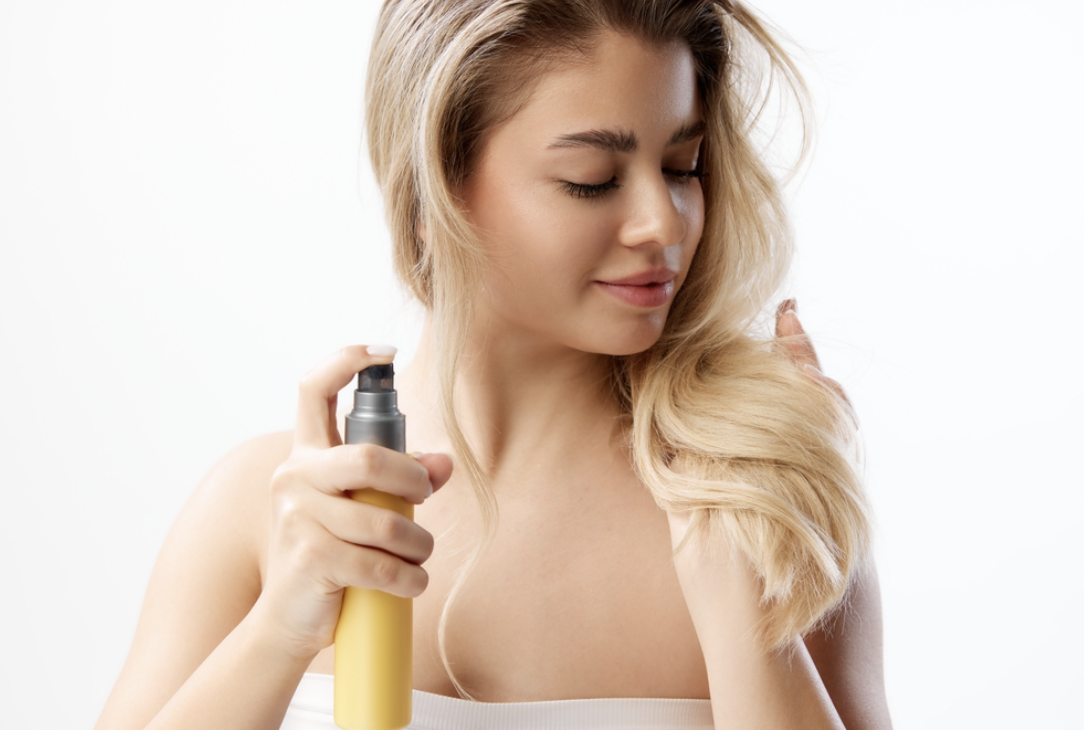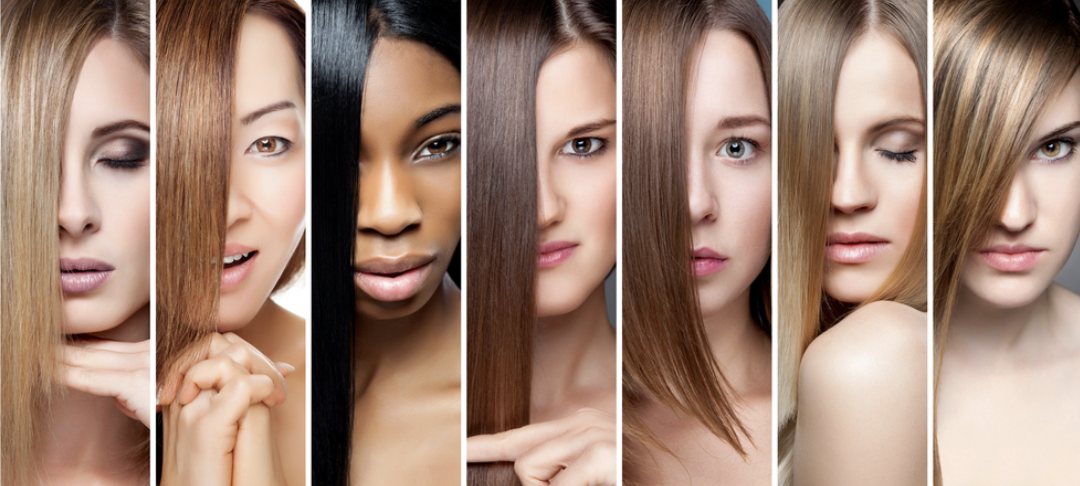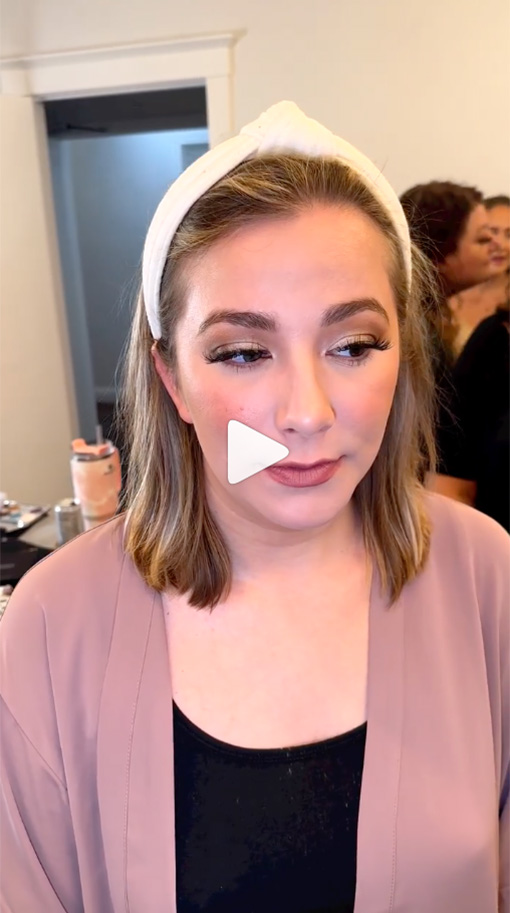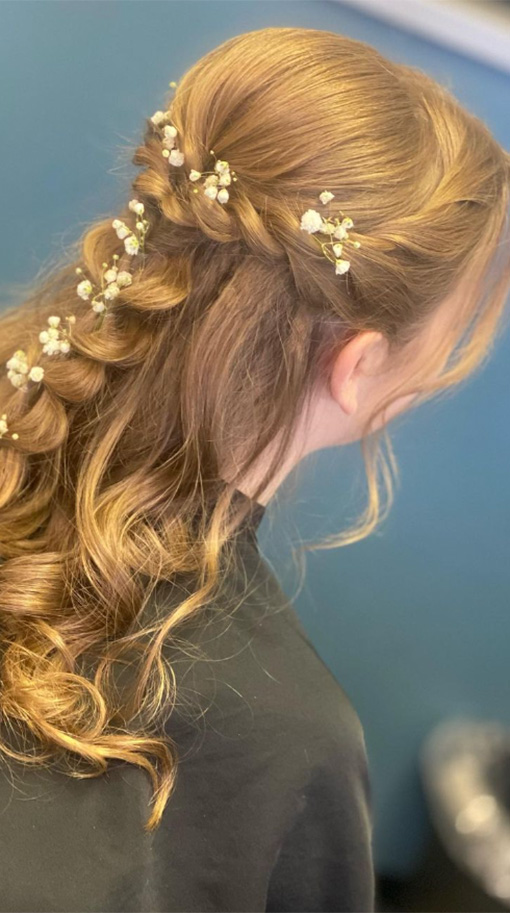Hair loss can be a challenging experience for many individuals. It affects a wide range of people across different ages, genders, and backgrounds. In this post, we will shed light on common reasons for hair loss and offer practical suggestions that may help in managing or even reducing its effects. Whether you are noticing thinning in certain areas or widespread shedding, understanding the underlying causes and available remedies is the first step toward making informed decisions about your hair care routine.
What is Hair Loss?
Hair loss, or alopecia, is the condition where a person loses hair from their scalp or even other parts of the body. It is not just a cosmetic issue – hair is a part of identity and self-esteem, and changes to its density or texture can have emotional impacts. Various factors may trigger hair loss, including genetics, medical conditions, and lifestyle choices. A good approach involves finding out which factors are in play and addressing them with effective solutions.
Common Causes of Hair Loss
Understanding why hair loss occurs is crucial for finding a reliable solution. There are several primary factors that contribute to thinning hair or noticeable balding areas.
Genetics and Family History
The most common form of hair loss is often related to genetics. Also known as androgenetic alopecia or pattern baldness, this condition can affect both men and women. If your family has a history of hair loss, you could be more likely to experience similar changes. While genetic predisposition often means that some hair loss is inevitable, early intervention may slow its progression.
Hormonal Changes
Hormones play an influential role in the body, and any significant shifts can cause hair loss. Many women notice hair shedding related to pregnancy, childbirth, or menopause. Similarly, medical conditions such as thyroid disorders can disrupt the natural hair growth cycle. Balancing hormones through lifestyle adjustments or medical guidance can help mitigate these effects.
Stress and Emotional Well-being
Physical and emotional stress can contribute considerably to temporary hair shedding. Experiencing significant life changes, illness, or emotional distress may result in a condition known as telogen effluvium. In this condition, large numbers of hairs may enter the resting phase and eventually fall out. Although this type of hair loss is usually reversible, managing stress through meditation, counseling, or relaxation exercises is important.
Nutritional Deficiencies
Lack of essential nutrients can have a direct effect on hair growth. Vitamins and minerals such as iron, vitamin D, zinc, and proteins are crucial for maintaining hair health. An imbalanced diet can lead to weakened hair strands that are prone to falling. Ensuring proper nutrition may not only improve hair appearance but also contribute to overall wellness.
Medical Conditions and Medications
Certain medical conditions, including autoimmune diseases, can result in hair loss. Conditions like alopecia areata involve an immune system reaction that targets hair follicles. In addition, medications for blood pressure, depression, or other illnesses can have side effects that include hair shedding. Discussing these issues with a healthcare provider may lead to a change in treatment or complementary therapies to minimize hair loss.
Hair Treatments and Styling Habits
Frequent use of heat styling tools, chemical dyes, and tight hairstyles can put stress on the hair shaft and scalp. Overprocessing or improper handling of your hair can damage hair follicles, making hair more susceptible to breakage and loss. Adopting gentle hair care practices and reducing the use of harsh products can help in preserving the natural strength and luster of your hair.
Identifying the Symptoms
Before jumping into solutions, it is important to accurately identify the type of hair loss you are experiencing.
Diffuse Thinning
Diffuse thinning is characterized by uniform hair loss across the scalp. Instead of large, bald patches, you may notice an overall reduction in hair density. This type of hair loss is often linked to stress, nutritional deficiencies, or hormonal imbalances.
Patterned Hair Loss
Patterned hair loss typically refers to the gradual thinning at the crown and hairline in men, or a widening of the part in women. It usually develops gradually and is often hereditary. Early signs can be subtle, so close observation and consultation with a hair care expert might be necessary.
Sudden Hair Shedding
Sudden hair shedding can occur due to an event in your life, whether it be a major emotional shock or a physical illness. While typically temporary, if this condition persists beyond a few months, it may be indicative of an underlying health issue that requires attention.
Localized Bald Patches
The appearance of one or more bald patches may suggest an autoimmune condition such as alopecia areata. The immune system mistakenly attacks hair follicles, causing smooth, round patches of hair loss that can occur suddenly.
Preventative Measures for Hair Loss
The best strategy is to counter hair loss before it becomes severe. A holistic approach often involves adjustments to daily habits, lifestyle changes, and sometimes clinical interventions.
Prioritizing a Balanced Diet
A diet abundant in vitamins and minerals is essential. Incorporating fruits, vegetables, lean proteins, and healthy fats can nurture your hair. Foods rich in omega-3 fatty acids, such as salmon, walnuts, and flaxseeds, provide nourishment to both the scalp and hair follicles.
Regular Scalp Care
Maintaining a healthy scalp is fundamental to encouraging strong hair growth. Regular cleansing to remove excess oil, dirt, and product residue prevents clogged pores and creates an ideal environment for hair follicles. Scalp massages, done with gentle pressure, may improve circulation and stimulate hair growth.
Reducing Stress Levels
Managing stress can have far-reaching effects beyond mental health, including the well-being of your hair. Consider techniques like deep breathing, yoga, or even taking short walks. Sometimes, professional guidance through therapy or counseling can help in developing effective stress-management strategies.
Choosing the Right Hair Products
Using the correct hair care products is key. Look for formulations that are designed for your hair type and that target your specific concerns. Products containing natural ingredients and avoiding harsh chemicals are more likely to improve your hair’s strength. Additionally, those suited for sensitive scalps or those prone to breakage can offer added benefits without causing further damage.
Effective Solutions to Combat Hair Loss
Once you have identified the specific cause of your hair loss, you can consider several solutions that range from natural remedies to advanced treatments.
Natural and Home Remedies
Natural treatments can be an excellent first line of defense against hair loss. Several home remedies have been traditionally used and may offer relief:
- Aloe Vera: Known for its soothing properties, aloe vera can calm the scalp and promote a healthy environment for hair growth.
- Coconut Oil: This oil penetrates the hair shaft, reducing protein loss and lending moisture to the hair. Regular massages with coconut oil may help in strengthening weak hair.
- Essential Oils: Oils such as rosemary, peppermint, and lavender, when diluted in carrier oils, can stimulate the scalp and potentially boost hair health.
- Herbal Teas and Supplements: Some herbal remedies, including green tea, have antioxidants that may help in reducing inflammation. Supplements containing biotin or collagen could also support hair strength.
Over-the-Counter Treatments
Many over-the-counter products are available that may help in slowing hair loss. These treatments can include topical solutions enriched with ingredients known to boost hair growth. For instance, certain preparations are designed to improve circulation at the scalp and deliver beneficial nutrients directly to hair follicles.
Prescription Medications
For persistent hair loss conditions, a healthcare provider might recommend prescription medications. Options such as minoxidil are often used to stimulate hair growth by extending the active phase of hair follicles. Other treatments might address the underlying hormonal imbalances contributing to hair loss. It’s important to use these medications under the guidance of a healthcare professional, as they may require monitoring for side effects.
Professional Treatments at Hair Salons
At M Beautique Hair Salon, our approach to hair care involves understanding your unique needs and recommending personalized treatments. Professional treatments that we offer may include:
- Scalp Micropigmentation: A non-surgical procedure that creates the illusion of thicker hair by implanting pigment into the scalp.
- Low-Level Laser Therapy (LLLT): This therapy uses specific wavelengths of light to stimulate hair growth. Studies have shown that LLLT can improve hair density in both men and women.
- Customized Hair Treatments: We provide specialized hair care treatments that include deep conditioning masks, restorative serums, and scalp detox sessions. These treatments are designed to nourish the hair while improving scalp health.
Lifestyle Adjustments
In addition to direct treatments, making small adjustments in everyday life can contribute to healthier hair. Here are some actionable tips:
- Avoid Excessive Heat: Frequent use of high heat from hair dryers and straighteners can weaken the hair. Consider using lower temperature settings or air drying your hair when possible.
- Limit Chemical Treatments: Frequent coloring or perming can lead to damaged hair follicles. When chemical treatments are necessary, opt for professional services that use high-quality products.
- Gentle Brushing: Brushing your hair gently, especially when it is wet, reduces breakage. Use a wide-toothed comb to detangle and minimize stress on your strands.
- Adequate Sleep: Proper rest is essential for overall bodily health. A well-rested body is better equipped to repair and maintain hair follicles.
Consultation with Hair Care Experts
If hair loss persists or you are concerned about the changes in your hair, it is wise to consult a professional. At M Beautique Hair Salon, our experienced stylists and hair care specialists understand that every individual is different. We offer consultations to assess your hair health comprehensively and recommend a tailored plan that might include lifestyle changes, professional treatments, or specialized hair care products.
The Emotional Aspect of Hair Loss
While the physical challenges of hair loss are evident, its emotional toll is often underestimated. Losing hair can affect personal confidence and lead to feelings of self-consciousness. It is important to remember that you are not alone in this journey. Support from family, friends, and professionals can make a significant difference in how you cope with these changes.
Building Confidence and Self-Care
Many clients find that partnering with a trusted salon not only helps with treatment but also boosts self-esteem. Knowing that experts are there to support you with reliable advice and care can help restore your confidence. Small changes in styling and color can also refresh your look and give you a new sense of pride.
Seeking Professional Guidance
For those experiencing deep emotional impacts, professional counseling might be beneficial. Sometimes, discussing your concerns with a mental health expert can provide strategies to cope with changes and reduce anxiety related to appearance.
Conclusion
Understanding the different aspects of hair loss is essential in making informed decisions about your health and beauty routine. From genetic predispositions and hormonal changes to the effects of stress and nutrition, many factors could be at play. Fortunately, there are diverse solutions available, ranging from home remedies and over-the-counter products to advanced professional treatments.
At M Beautique Hair Salon, we are dedicated to addressing your hair concerns with a personalized approach. Whether it is recommending specialized treatments or providing guidance on the best daily hair care practices, our goal is to help you achieve and maintain healthier, fuller hair. Remember that every individual’s hair is unique, and finding the right combination of treatments and lifestyle adjustments may take time and experimentation.
Caring for your hair is an ongoing process that reflects overall health. By choosing a balanced diet, paying attention to scalp care, managing stress, and consulting with experts when needed, you are taking positive steps toward reversing hair loss and revitalizing your appearance.
We hope that this post has offered valuable insights and practical advice to guide you through managing and understanding hair loss. Visit us at M Beautique Hair Salon for more personalized consultations and to explore the range of treatments we offer. Your journey to healthier hair starts with informed choices and the right professional support, and we are here to help every step of the way.
